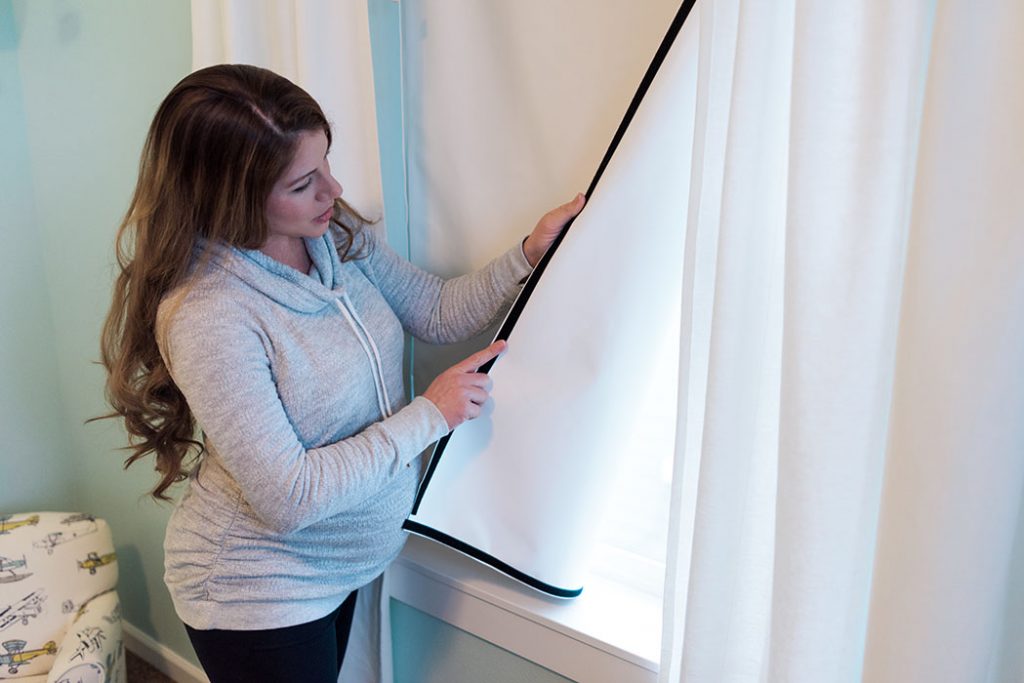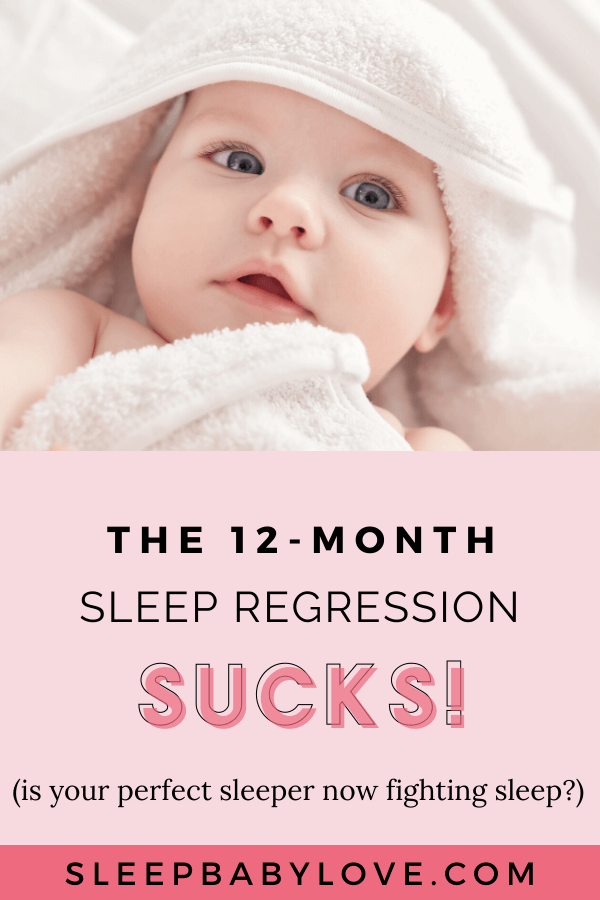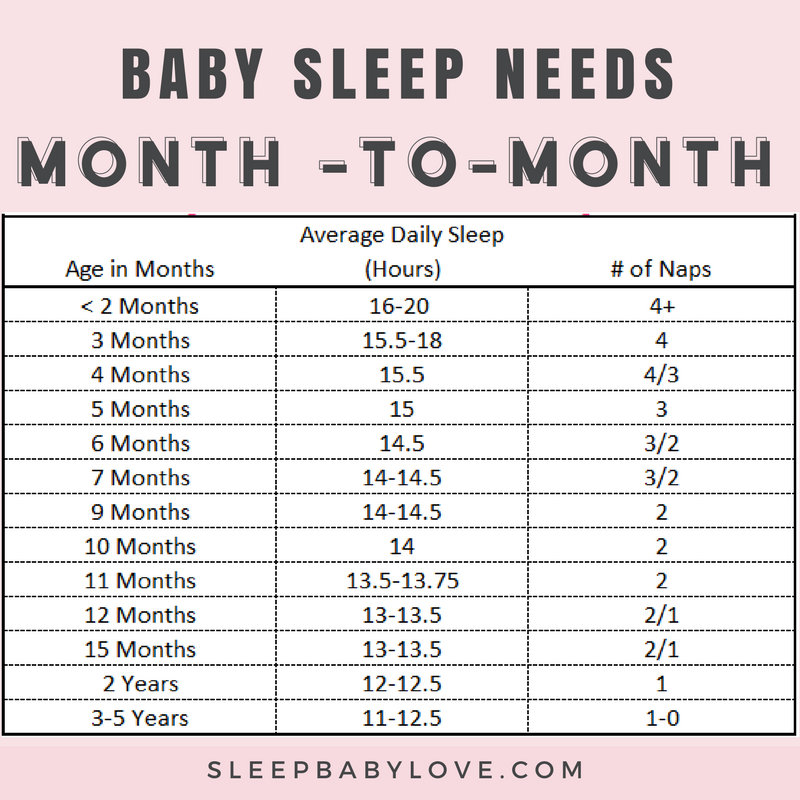The 12 Month Sleep Regression SUCKS!
Hey, now – what happened to your sweet baby that used to be such a great sleeper? What’s up with this 12 month sleep regression? What happened to your precious baby that now fights sleep like it’s his job.
Wow, sleep sucks at 12 months – but don’t worry, it can get better.
Let me tell you what to focus on!
What’s going on at 12 Months that affects sleep
Your baby is constantly growing and developing, so yes, development plays a part in sleep regressions.
Many parents see a 4-month sleep regression and, of course, the dreaded 8-10 month sleep regression. Mostly a regression around 12 months would happen because of big physical milestones such as:
- crawling
- walking
- standing up
While all these new abilities can lead to a sleepy baby, they also can make for a very overstimulated baby. There is so much going on for your developing baby that sleep may be difficult.
Sleep regressions occur in most babies; it is a period of time when your baby can no longer get an easy night’s rest. He may wake up more frequently than prior.
Do Mental Leaps Affect Sleep?
Are you familiar with the wonder weeks or mental leaps?
According to The Wonder Weeks site (the makers of the books and app), a developmental leap occurs when your baby’s brain is perceiving something new.
If you follow and believe in Wonder Weeks, right around your baby’s first birthday is – Mental Leap 8 – The World of Programs.
Simply put, your baby is exploring the world around her through exploration and shows interest in new things.
Sure, mental leaps make a difference in sleep, but it can’t be the only thing.
Developmental Milestones Can’t Only Be Blamed For Poor Sleep
If you sailed through other regressions with flying colors, you’re most likely having a delayed reaction regression.
It doesn’t matter when the regression hits, it’s all about making sure you can make things as easy as possible to get back on the other side of sleep!
We can’t blame everything on physical milestones.
Sorry to be the bearer of bad news – but usually, when you see a total regression in sleep, I can confidently ask you this question.
So let’s ask the question:
Does your baby know how to fall asleep independently?
You see, independent skills are the magic to make everything so much easier. It’s the first component when taking a look at why your baby isn’t sleeping well.
The golden rule of amazing sleep includes your baby having:
-
- The right skills to fall asleep independently.
- Sleeping at the right time
- Sleeping in the right environment
Does your baby have sleep associations?
Does your child have sleep crutches? When sleep regression happens, it is easy to rely on old crutches.
Of course, you’re trying to get your baby to FALL asleep quickly. So in a good-natured attempt to get an extra minute of sleep at night, you revert to rocking him to sleep just like he was younger. The problem with reverting to these old ways is that your baby may become dependent on the old way of falling asleep.
A sleep association is anything standing in the way to getting your baby to sleep independently, including:
- Bouncing
- Rocking
- Feeding
- Bed Sharing
- The list goes on and on.
Your baby needs to fall asleep on his own each night in the crib. That’s when the magic happens.
You can still comfort your baby.
Even when you’re ready to start teaching independent skills again, you don’t need to just close the door to see your child in the morning.
There are many different sleep training methods; you just have to come up with a plan that works and make sense to you.
Still offer comfort to your baby! You want to have a balance between becoming a crutch and providing your child with comfort so he can fall asleep independently.
Comfort can involve a lot of extra cuddling and hugs before bedtime. Fill the bedtime routine with lots of quiet time. Help your baby settle down from playtime so that he can be ready for sleep when it’s bedtime.
You can give lots of love and attention during the awake periods.
(Want to know more about sleep training – I have your back with this ultimate post: Sleep Training Made Easy.)
12 Month Old Sleep Schedule
At 12 months, your baby should have a morning nap and an afternoon nap. Plus, overnight sleep of approximately 10-12 hours.
So first, I want you to do the math on how much sleep your baby is getting. Include naps plus bedtime (and you might need to subtract out all the night wakings) to calculate the total amount of sleep per day.
So what’s your total number?
Why The American Academy of Pediatrics isn’t always right
You may be surprised to hear that I’m telling you NOT to only focus on the AAP’s guidelines on the right amount of sleep your child needs.
American Academy of Pediatrics guidelines:
- Infants 4 months to 12 months should sleep 12 to 16 hours per 24 hours (including naps) regularly to promote optimal health.
- Children 1 to 2 years of age should sleep 11 to 14 hours per 24 hours (including naps) regularly to promote optimal health.
Now, I can tell you that 12 hours isn’t typically enough sleep for a 12-month-old and 16 hours is probably too much.
The amount of total sleep a 12-month-olds need is usually 13 hours-13.5 hours (and yes, it’s OK if your baby sleeps more).
Is Your Baby Fighting Naps?
At 12 months old, your baby has a whole new outlook on the world! It’s bigger than it’s ever been before. Can you blame your baby for fighting sleep to enjoy it? Of course not! You also know that babies need their rest and hence, can’t let him stay awake to explore the world when it’s time to sleep.
Babies are ready to practice the new skills they’re learning! Give them ample opportunity to play.
Even adults have trouble falling asleep if they have pent up energy! So, let your baby get all of his energy out throughout the day. Encourage playtime. Your baby needs to stay active and stimulated. If you’re stuck in the car or a waiting room for long periods, ensure that your baby has a few toys to play with.
Now if you’re experiencing short naps, you may have a few things going on:
- Your nap is at the wrong time (i.e.: too late)
- Your baby isn’t tired enough to take a second nap (I usually recommend at least 3 hours between wake up from the first nap to the second nap)
- Your baby isn’t sleeping in the right sleep environment. It may be too bright or too loud.

He’ll be less restless when it’s time to sleep. Plus, as a bonus, you’re helping his mental and physical development.
Is Your Baby Ready for One Nap?
In most cases, you don’t want to drop naps, especially in the middle of a regression. While some children can easily transition to one long nap, your baby may not be ready. There’s nothing wrong with waiting until 14 or 15 months to transition.
If he’s fighting a nap, then it’s easy to conclude that he’s ready for one long rest – but DON’T make the jump before your child is ready.
If you make the leap too soon, however, especially during a regression, you may make the problem worse. And, you might see the night waking, early morning wake-ups to prove the point.
Wait until the regression is over before you make any changes to the routine. Try to stick with two naps (hopefully, they are around an hour or so, each). It’s OK if your baby simply has quiet awake time, but if he doesn’t get rest during the day, he may be overtired during the day.
If you absolutely have to change your baby’s sleep schedule or routine, it is crucial that you only do it in small increments. You can play around with his bedtime, in small increments.
Keep bedtime flexible.
If your baby skips his afternoon nap, try for a 5 pm or 6 pm bedtime since your child will be ready to go down.
You may have to play with the variables on bedtime and nap timing, but you’ll get it soon enough!
When Does The 12 Month Sleep Regression End?
As parents, we need to sleep too. You are overworked, overtired, and when your baby doesn’t sleep, it may feel like it’ll never end.
What you need to remember is that sleep regression is normal!
Your baby is experiencing a completely normal stage, and there is an end to it. Some parents stress during a sleep regression, worry that something may be wrong with the baby, but this is all a part of the process.
The good news is that sleep regression is temporary! Typically the sleep regression will be over within 2 weeks. If you see a regression carry on for longer than a couple of weeks – most likely you’re just seeing some bad sleep habits rear their head.
When you’re through with it, whether it is the first or last time, you can relish in the fact that you have an independent sleeper. That means no worries when you take that trip across the country or look into cruises from Miami. After all, if your baby cannot sleep, you can’t think about trips and vacations.
Stay diligent. Remember to keep a schedule and try to maintain a routine as much as possible. If you have to make changes to your baby’s routine, make sure that these are small changes. Keep up with your baby’s playtime, encourage his development, and remember that this is a stressful time for him also.
In the meantime, keep reading the blog for more helpful sleep tips or reach out to me for a 1:1 sleep consultation. In no time, your baby will be back to his normal self.



